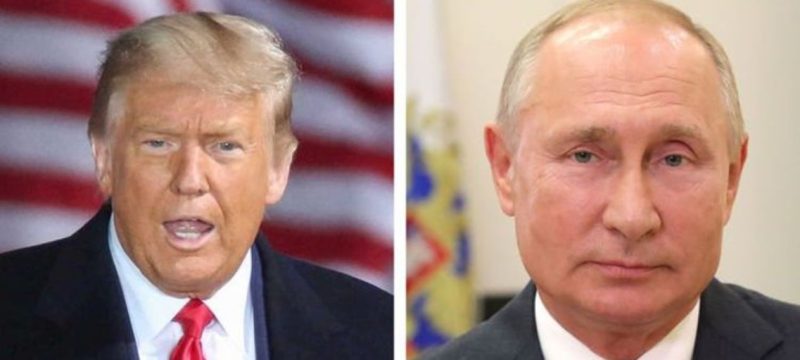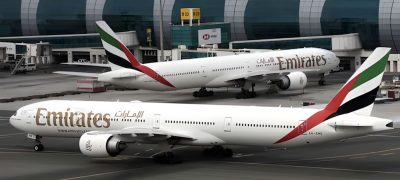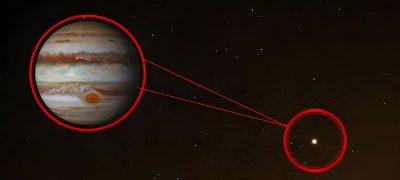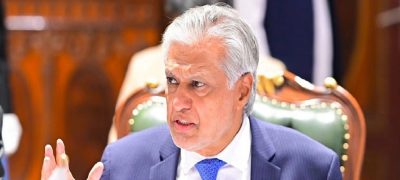Russian President Vladimir Putin has proposed a one-year extension to the nuclear weapons treaty with the United States, offering to keep existing limits in place if Washington agrees to do the same.
The treaty in question is the New START accord, signed in 2010. It places strict limits on the number of deployed strategic nuclear warheads by both Russia and the United States. The agreement is due to expire in February, and without an extension, it would mark the end of the last remaining nuclear arms control deal between the two countries.
Putin said Russia was ready to voluntarily maintain the restrictions outlined in the New START treaty if the United States reciprocates. His proposal seeks to prevent a gap in nuclear weapons oversight that could increase tensions and fuel an arms race.
White House press secretary Karoline Leavitt described the offer as sounding “pretty good.” However, she noted that U.S. President Donald Trump would address the matter himself, signaling that Washington may carefully weigh its response.
The nuclear weapons treaty has been extended only once before. In 2021, Putin and then-President Joe Biden agreed to a five-year renewal, keeping it in force until 2026. With Trump back in office, the question of how Washington responds will be closely watched by allies and rivals alike.
Analysts say Putin’s offer comes at a time when global security concerns are mounting. The absence of a functioning arms control framework could weaken international stability, particularly as both Russia and the United States continue to modernize their nuclear arsenals.
For Trump, the decision carries both domestic and international weight. Accepting the extension would maintain a degree of predictability in U.S.-Russia relations, while rejecting it could escalate military competition. The outcome may also influence Washington’s broader foreign policy approach, including its handling of rising tensions in Asia and the Middle East.
Observers note that symbolic actions often play a role in global politics. For instance, Saudi Arabia’s recent issuance of a special stamp to mark its 95th National Day demonstrated how even cultural gestures can carry diplomatic significance. Similarly, nuclear treaties are more than technical agreements — they signal intentions and shape international perceptions.
As Putin offers Trump a one-year extension to the nuclear weapons treaty, attention now shifts to Washington. Whether the U.S. accepts or declines could set the tone for future arms control talks and the broader trajectory of U.S.-Russia relations.







